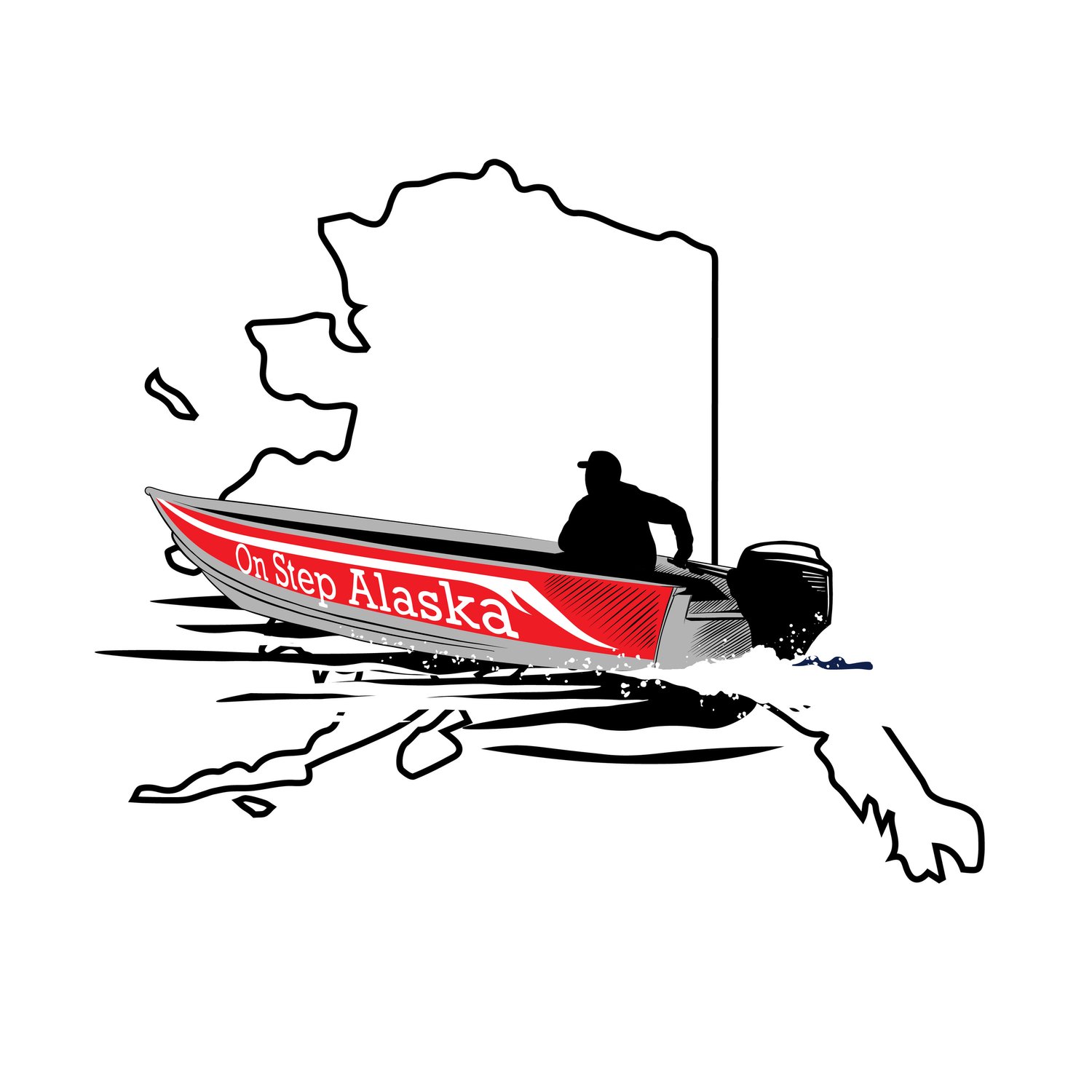Hunting Film Reviews
There’s nothing like sitting around a campfire telling stories. Some storytellers get on step and tell outrageous stories but they are the type of person who, if something as crazy as that were to happen, it would happen to someone like them. We enjoy the story and they love to tell it. They know that they are on stage, even if stage is just around a campfire, and it just feels and sounds different than someone who launches into a performance.
Visual storytelling is much different but every bit as compelling. The circumstances of how everything went down is why we spend hours on YouTube watching people we don’t know kill the animals we probably saw posted on Instagram. The story matters.
As hunters and content makers, we all know the right things to say in certain moments which is an expected part of storytelling, especially in a film. But sometimes it just looks and sounds like someone said “Okay, I know what I’m going to say, record me” and assume it took three more takes to get it right. It doesn’t land. It’s too contrived. There is no objective measure for this, it’s just a feeling, and not knowing the vast majority of people in the industry, there’s nothing else to go on other than that feeling which can dramatically influence our response.
I don’t know what it is about certain people but it seems like a camera just happened to be there and they aren’t acting. The stage wasn’t the point. The hunt was. Maybe that’s great camera work, maybe it’s that perfect balance of confidence and being yourself on stage rather than being a Mr. Potato Head of outdoor brands who wants to be the next ____ and speaks in pre-recorded sound bites when pressed.
When it comes to telling a story when hunting, it is all reactive to situations and variables rather than written and edited in advance. Fiction writers develop the right conflicts to get a protagonist to move, grow and accomplish a goal. Hunts don’t work like that. The protagonist often loses. Sometimes the protagonist wins, but even an audience of hunters wished he didn’t. It seems the better ending would be humility rather than another head on the wall.
Both success and failure are often met with “it was just nice to be out there” tropes that I try to avoid in my own writing. It's not that it wasn’t nice to be out there, but it’s tempting and convenient to paint myself as someone with such a high moral disposition that I would have paid $5000 to hike this mountain without a rifle or bow outside of hunting season. Which isn’t true. I also haven’t ever paid $5000 for a hunt, but you know what I mean.
At its core, hunting is about getting meat. At its core documenting it is about creating content others want to watch or read. That’s where things get confusing. Especially since someone will inevitably praise a hunting film while someone else could only stomach the first four minutes of airport or gas station B-roll before clicking elsewhere. There are other films the devolve into the manufactured drama or bravado of an episode of Ax Men or Deadliest Catch, two forgettable shows in the eyes of many (most) Alaskans. But people like those too.
Anyway, just because I didn’t really like the film, doesn’t mean that I don’t respect the hunter or that the film wasn’t good. Literary Classics are literary classics not because everyone likes them. I chose Alaska films A) because I live here, though that doesn’t mean I have been on these identical hunts, because B) Alaska is clearly an iconic hunt and creates a tone that reveals a lot about people. Will our protagonists feel awe? Reverence? Or will it seem like an antler grab to further stroke the ego?
